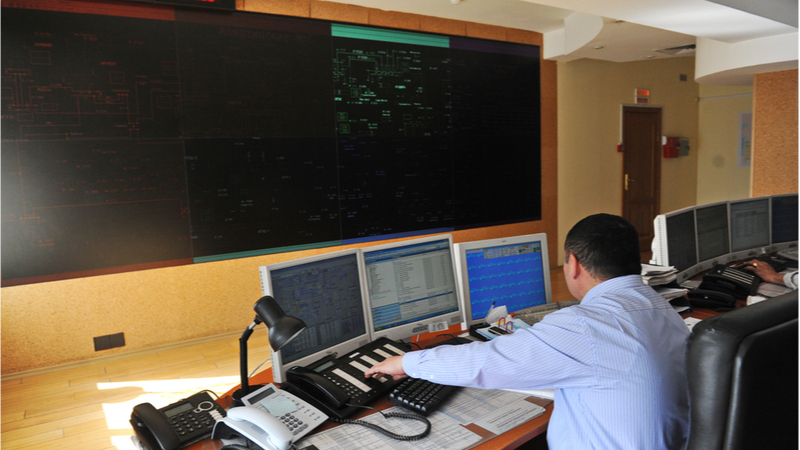Kazakhstan’s June Referendum: Accelerating Reform
By Svante E. Cornell and Albert Barro
May 31, 2022
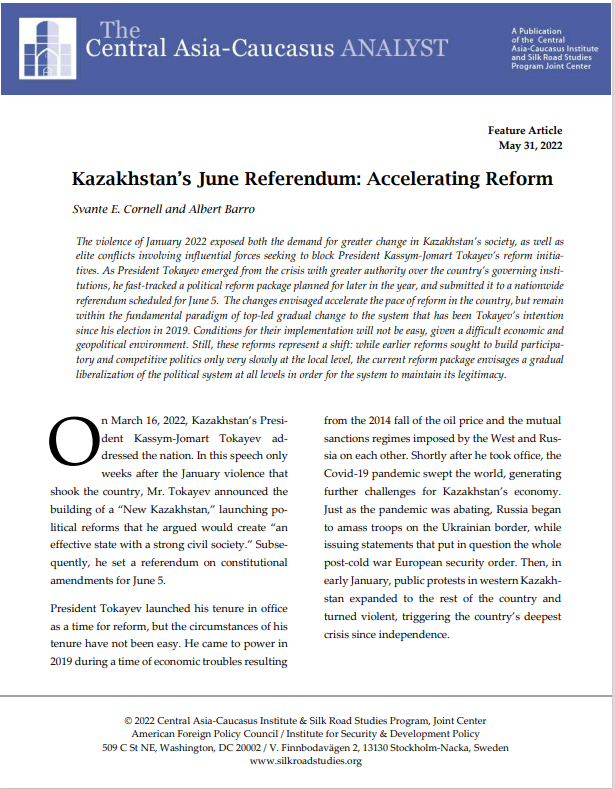 The violence of January 2022 exposed both the demand for greater change in Kazakhstan’s society, as well as elite conflicts involving influential forces seeking to block President Kassym-Jomart Tokayev’s reform initiatives. As President Tokayev emerged from the crisis with greater authority over the country’s governing institutions, he fast-tracked a political reform package planned for later in the year, and submitted it to a nationwide referendum scheduled for June 5. The changes envisaged accelerate the pace of reform in the country, but remain within the fundamental paradigm of top-led gradual change to the system that has been Tokayev’s intention since his election in 2019. Conditions for their implementation will not be easy, given a difficult economic and geopolitical environment. Still, these reforms represent a shift: while earlier reforms sought to build participatory and competitive politics only very slowly at the local level, the current reform package envisages a gradual liberalization of the political system at all levels in order for the system to maintain its legitimacy
The violence of January 2022 exposed both the demand for greater change in Kazakhstan’s society, as well as elite conflicts involving influential forces seeking to block President Kassym-Jomart Tokayev’s reform initiatives. As President Tokayev emerged from the crisis with greater authority over the country’s governing institutions, he fast-tracked a political reform package planned for later in the year, and submitted it to a nationwide referendum scheduled for June 5. The changes envisaged accelerate the pace of reform in the country, but remain within the fundamental paradigm of top-led gradual change to the system that has been Tokayev’s intention since his election in 2019. Conditions for their implementation will not be easy, given a difficult economic and geopolitical environment. Still, these reforms represent a shift: while earlier reforms sought to build participatory and competitive politics only very slowly at the local level, the current reform package envisages a gradual liberalization of the political system at all levels in order for the system to maintain its legitimacy
Learning from Kazakhstan's January Crisis
By Svante E. Cornell
April 18, 2022
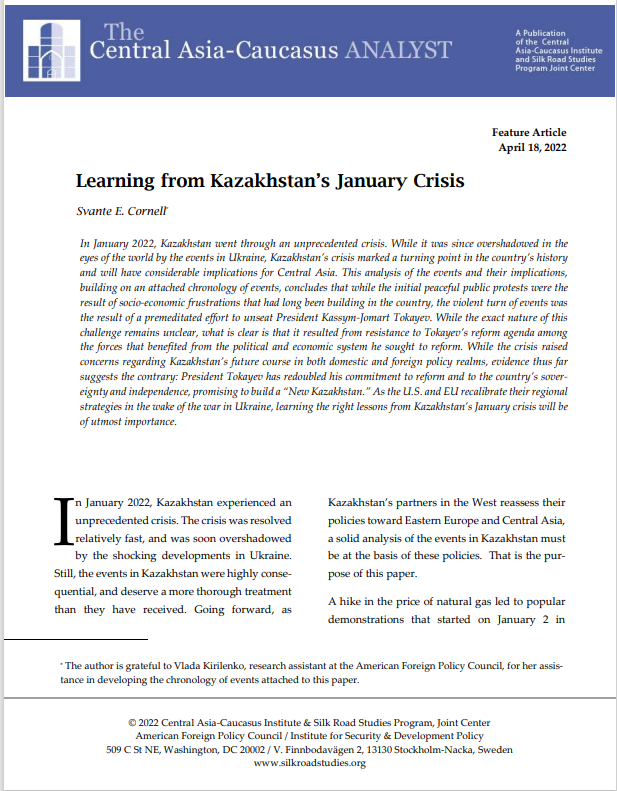 In January 2022, Kazakhstan went through an unprecedented crisis. While it was since overshadowed in the eyes of the world by the events in Ukraine, Kazakhstan’s crisis marked a turning point in the country’s history and will have considerable implications for Central Asia. This analysis of the events and their implications, building on an attached chronology of events, concludes that while the initial peaceful public protests were the result of socio-economic frustrations that had long been building in the country, the violent turn of events was the result of a premeditated effort to unseat President Kassym-Jomart Tokayev. While the exact nature of this challenge remains unclear, what is clear is that it resulted from resistance to Tokayev’s reform agenda among the forces that benefited from the political and economic system he sought to reform. While the crisis raised concerns regarding Kazakhstan’s future course in both domestic and foreign policy realms, evidence thus far suggests the contrary: President Tokayev has redoubled his commitment to reform and to the country’s sovereignty and independence, promising to build a “New Kazakhstan.” As the U.S. and EU recalibrate their regional strategies in the wake of the war in Ukraine, learning the right lessons from Kazakhstan’s January crisis will be of utmost importance.
In January 2022, Kazakhstan went through an unprecedented crisis. While it was since overshadowed in the eyes of the world by the events in Ukraine, Kazakhstan’s crisis marked a turning point in the country’s history and will have considerable implications for Central Asia. This analysis of the events and their implications, building on an attached chronology of events, concludes that while the initial peaceful public protests were the result of socio-economic frustrations that had long been building in the country, the violent turn of events was the result of a premeditated effort to unseat President Kassym-Jomart Tokayev. While the exact nature of this challenge remains unclear, what is clear is that it resulted from resistance to Tokayev’s reform agenda among the forces that benefited from the political and economic system he sought to reform. While the crisis raised concerns regarding Kazakhstan’s future course in both domestic and foreign policy realms, evidence thus far suggests the contrary: President Tokayev has redoubled his commitment to reform and to the country’s sovereignty and independence, promising to build a “New Kazakhstan.” As the U.S. and EU recalibrate their regional strategies in the wake of the war in Ukraine, learning the right lessons from Kazakhstan’s January crisis will be of utmost importance.
Kazakhstan: Evolving Challenges and Opportunties
By Richard Weitz
April 11, 2022
The resistance of Kazakhstan’s government to supporting the Kremlin’s war in Ukraine shows that, despite the brief Russian military intervention in Kazakhstan in January 2022, Kazakhstan still pursues a multi-vector foreign policy. Western governments can reinforce this stance, by which Kazakhstan strives to cooperate with all major powers while preventing the hegemony of any, through targeted support and other measures.
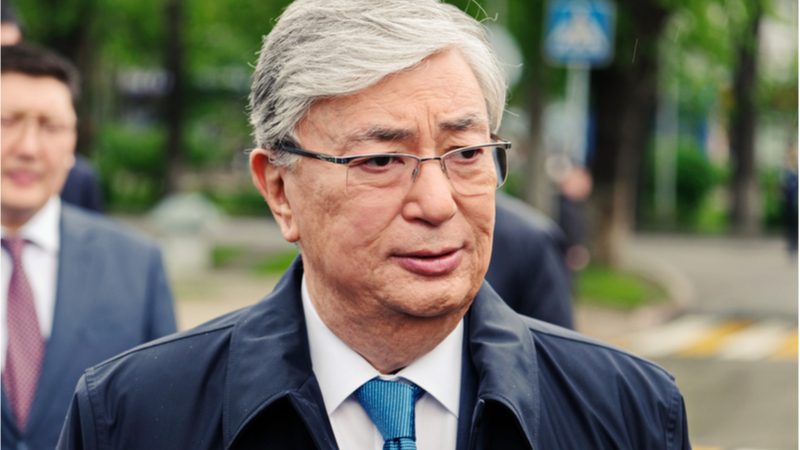
Russia's War in Ukraine: Implications for Central Asia
By Johan Engvall
March 14, 2022
Russia’s invasion of Ukraine and the West’s economic response to it has put Central Asia in a precarious position. As part of what Moscow perceives as its sphere of interest, the repercussions of Putin’s war are bound to affect the Central Asian countries particularly hard. While anything but static, the nature of the Russia-Central Asia relationship still enables Moscow to retain a strong influence in the region. Russia remains the dominant security actor in Central Asia, even more so following the U.S. withdrawal from Afghanistan. Their economies remain closely interlinked with Russia, and at the political level, a distinct type of post-Soviet authoritarian leadership model with roots in the Soviet system facilitates political dialogue. Western disengagement from the region has left them more vulnerable, but the unpredictable consequences of Russia’s military adventurism might force them to realign their external relations.
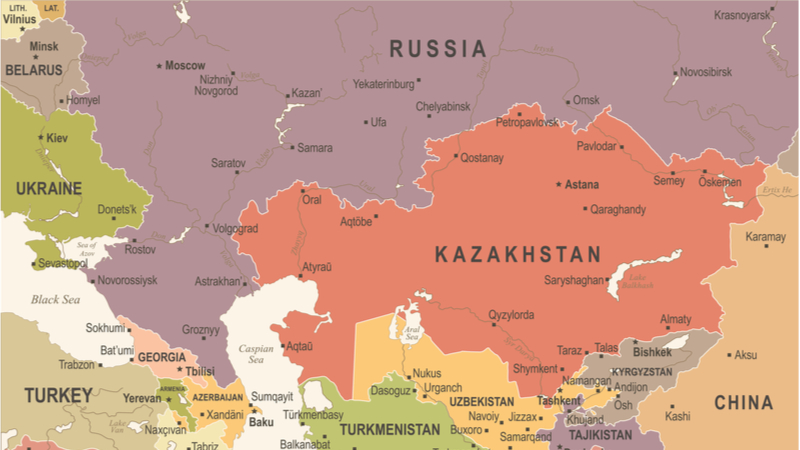
Did Cryptocurrency Miners Crash the Central Asian Power Grid?
By Tony Pizur
February 22, 2022, the CACI Analyst
On January 25, Kazakhstan experienced widespread power outages that also affected neighboring Uzbekistan and Kyrgyzstan. Decaying infrastructure and increasing energy demand from cryptocurrency miners were blamed for the failure. Crypto operations are controversial because they divert scarce electricity resources from traditional household and industrial uses. After China’s complete ban on cryptocurrency activity last year, Kazakhstan was unprepared to accommodate the sudden influx of displaced crypto miners; nevertheless, the country quickly became the world’s second-largest source for newly minted bitcoins. Stopgap measures to restore power included patching physical infrastructure, sourcing electricity from Russia, and temporarily banning cryptocurrency mining.
